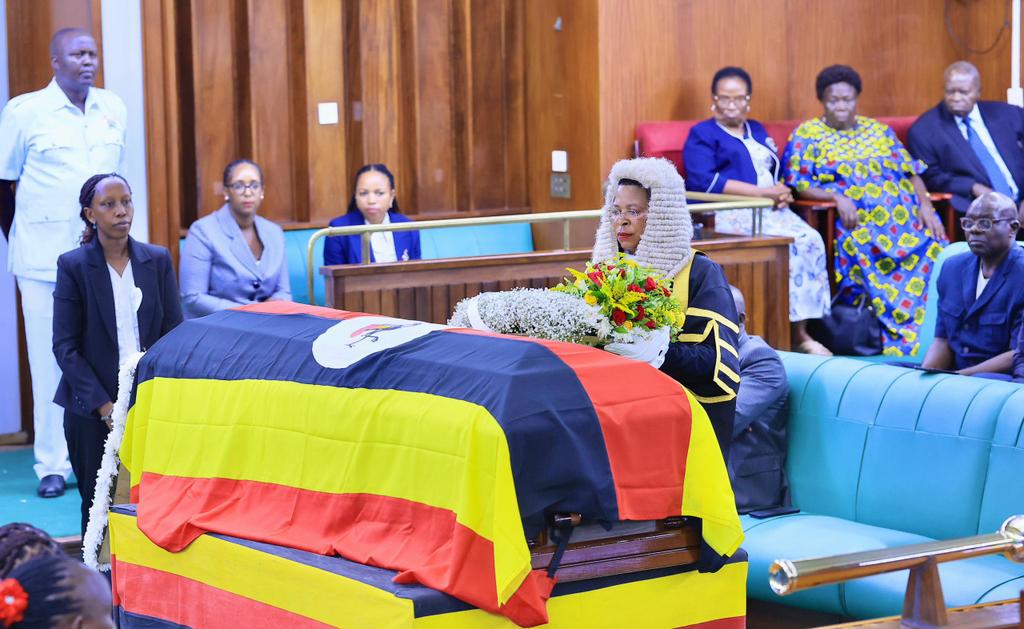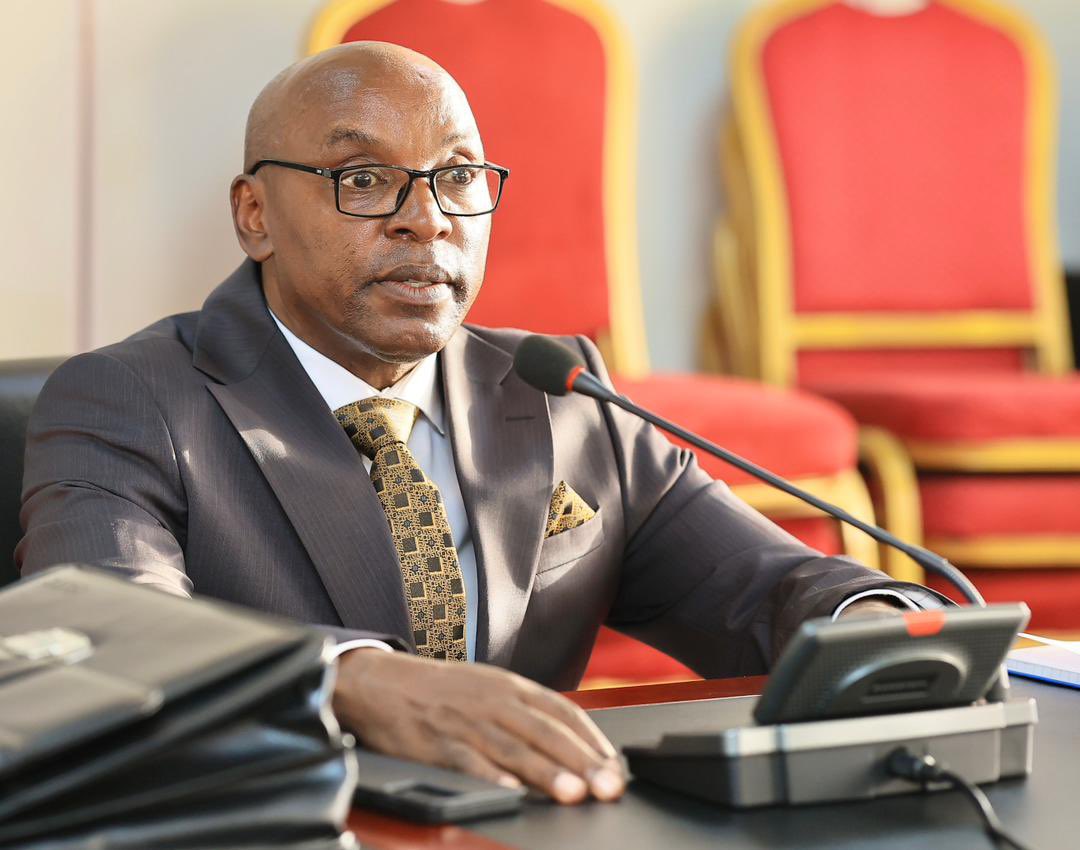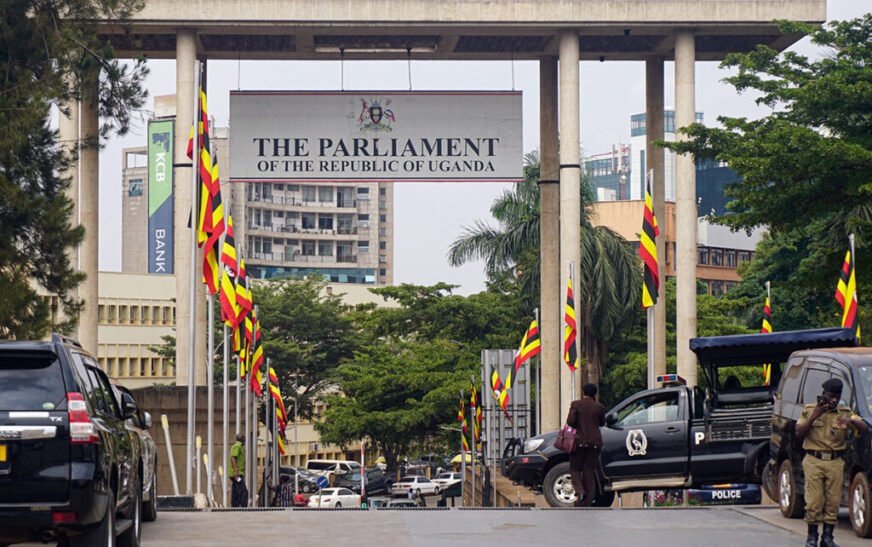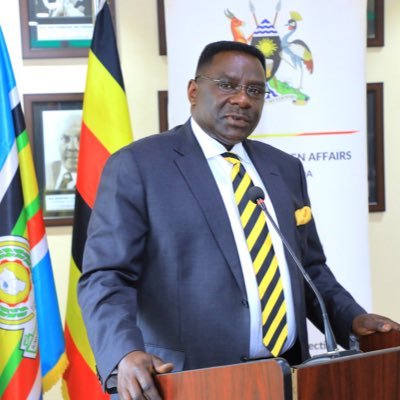The recent directive from Uganda’s Ministry of Gender, Labour and Social Development highlights a deep-rooted systemic failure and an uncoordinated government approach in managing Ugandan migrant workers. Instead of protecting vulnerable workers abroad, the convoluted and conflicting roles of ministries and recruitment agencies have only aggravated the crisis—pushing migrant labour into unregulated hands and fueling exploitation and human trafficking.
The Ministry insists that licensed Ugandan recruitment agencies must remain fully responsible for migrant workers in foreign countries like Saudi Arabia and Jordan. However, these agencies have no legal jurisdiction or enforcement power in destination countries, rendering such regulations not only ineffective but dangerously misleading. The insistence on holding them accountable for issues like workers escaping abusive contracts ignores the harsh realities of migrant vulnerability—often, these “runaways” are fleeing abuse or exploitation.
Moreover, Saudi Arabia’s historic abolition of the Kafala system this year fundamentally changes the employer-worker dynamic, lifting some restrictions and placing more responsibility on host nation institutions. Yet Uganda’s Ministry of Gender appears out of touch, clinging to outdated frameworks that hinder proper diplomatic and consular intervention. The Ministry of Foreign Affairs—the rightful authority mandated under the Vienna Conventions to oversee the welfare of nationals abroad—is often sidelined or denied full mandate, creating a leadership vacuum that is detrimental to the protection of migrant workers.
Amidst skyrocketing unemployment and a consistently exploitative wage environment in Uganda itself, the government’s failure to establish a comprehensive Labour Migration Act leaves migrant workers exposed to traffickers and unscrupulous middlemen. These include the so-called “Mama Biyumbas”—unregulated stakeholders within the labour migration ecosystem who operate outside formal systems, with no recognized leadership or accountability under the current regime. They promise better jobs but deliver bondage and abuse. The existing Employment (Recruitment of Ugandan Migrant Workers) Regulations, 2021, are grossly inadequate; they merely mask the absence of a coherent, enforceable, and harmonized migration and labour export policy that aligns with present-day realities.
This fragmented and contradictory governance exposes Uganda to mounting reputational and financial risks. Recruitment agencies and government ministries alike face the possibility of legal liabilities and costly compensation claims due to mismanagement and neglect. The failure to properly equip embassies and labour attachés further weakens support mechanisms for workers facing hardship abroad.
What Uganda urgently needs is a clear policy overhaul: enact a robust and comprehensive Labour Migration Act that reflects international best practices and accounts for evolving realities in host countries, including legal reforms. This new legislation should formally recognize a national migrant workers’ representative body, ensuring governance, protection, accountability, and justice from the very beginning—not as an afterthought. You cannot claim to protect what you neither control nor understand—especially from afar. Empower migrant workers by recognizing their leadership structures in the sending state. Only through such organized, legally recognized bodies can the government exercise social oversight, promote order, and—where necessary—discipline through established internal mechanisms, rather than placing the burden of worker misconduct entirely on recruitment agencies.
Clearly delineate the roles and responsibilities of the Ministries of Gender, Labour, Foreign Affairs, and recruitment agencies based on legal mandate and jurisdiction.
Strengthen diplomatic missions through adequate training, staffing, and resourcing so they can effectively monitor, support, and protect Ugandan workers abroad.
Implement strict oversight and licensing frameworks for recruitment agencies, ensuring alignment with the legal and cultural realities of destination countries.
Launch targeted public awareness campaigns and community engagement initiatives to inform prospective migrant workers of their rights, potential risks, and safe, official migration pathways.
Without decisive reform, Uganda will continue to lose millions to traffickers while migrant workers remain trapped in cycles of abuse, exploitation, and legal uncertainty. The current flawed regulations and internal turf wars only deepen the crisis—exposing Uganda’s most vulnerable citizens to gross injustice and eroding national dignity.
The government must act now to restore order, accountability, and compassion within its labour migration governance framework—before the damage becomes irreversible.



















